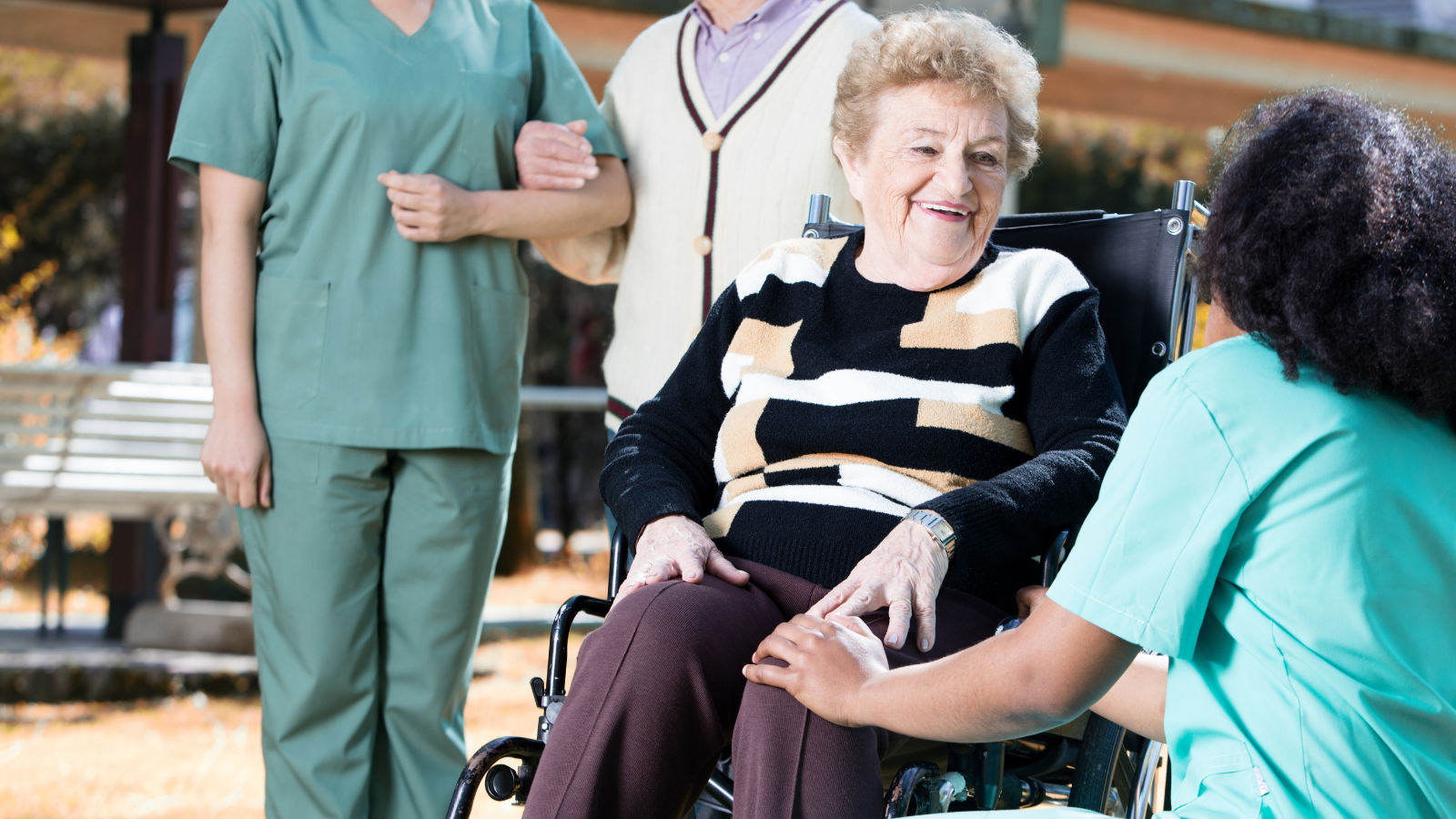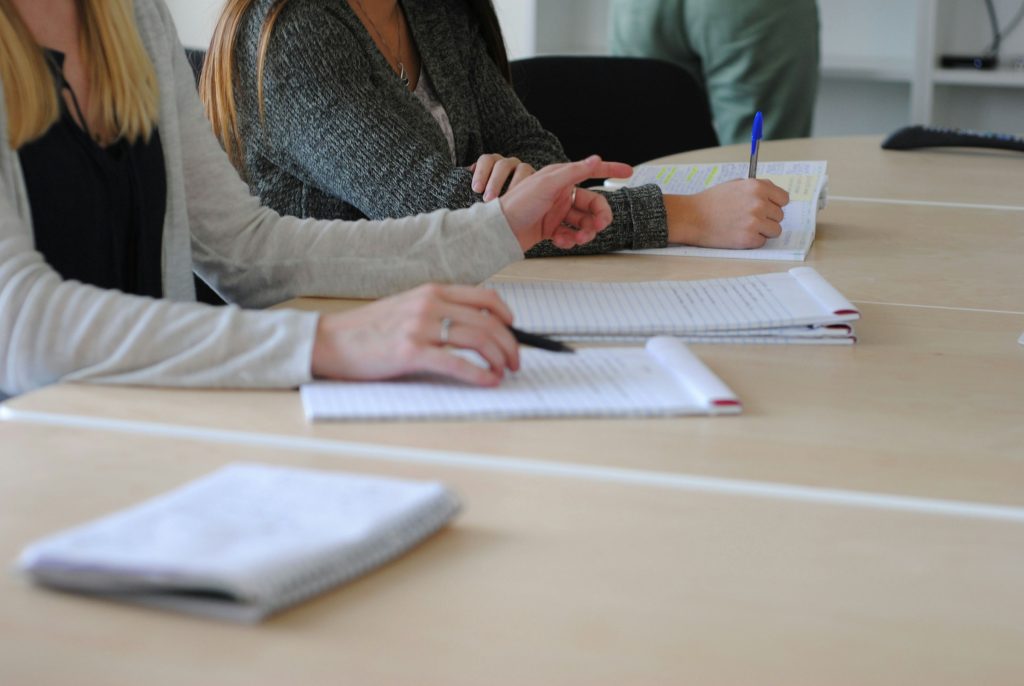Journalistic Article − 04 Jul 2023
In France, 9 million people struggle to access general practitioners. Worldwide, half of the population has fewer primary care resources than their urban counterparts. When living in rural areas turns into a nightmare, EU projects and camper van tours step in to defend the universal right to health.
Maxime Lebigot is a nurse. Back in 2016, he and his wife Elodie had their first child.
They were very happy, but when they moved to Laval, a town of some 50,000 inhabitants in north-western France, they soon realised that no doctor was available to take charge of him. At the slightest cold, they had to rush to the emergency room. And this is what decided them to create an association, fighting against the so-called “medical deserts”.
According to the definition by the French authorities, they are areas where citizens have access to general practitioners less than 2.5 times per year. Their story is recalled by Laure Artru, rheumatologist and vice president of their “Association des citoyens contre les déserts médicaux”. “If you are in a big city, you can get magnetic resonance imagery on Monday, see your physiotherapist on Tuesday, and so on. Whereas, if you live in a less serviced area, you may have to wait for weeks or even months,” she says. “This is the plight of 9 million people in France. Nine million people who cannot fully enjoy their constitutional right to receive proper healthcare.
Martial Jardel is a general practitioner himself, and two years ago, he took action against the medical deserts by embarking on a very particular “Tour de France”. “I jumped into a camper van and for several months did temporary medical replacements in 10 different departments,” he recalls. In each location, Jardel spent two weeks filling in for doctors who couldn’t take holidays because nobody was replacing them. And this is where he got the idea of creating the association “Médecins solidaires”, which has since opened two healthcare centres in Creuze, the second least populated French department. “We have a different doctor coming to practice every week. We offer them accommodation, provide them with a vehicle, and employ them with a one-week regular contract,” he explains. Being based on very short replacements, this solution fits everyone’s schedule and thus attracts a big share of doctors. “The situation has become so critical that all institutional partners have welcomed our initiative,” says Jardel. “When it comes to access to healthcare, there are dire situations in all regions. And if we add to that the closure of emergency services due to staff shortages, the result is that people are facing an unprecedented crisis.”
Nevertheless, France is far from being alone in facing this situation. Worldwide shortages in healthcare staff have prompted the World Health Organization (WHO) to warn of a “global health workforce crisis” and estimates by the International Labour Organization (ILO) show that only 23% of health workers are globally deployed in rural areas. This translates into half of the world’s population having to make do with less healthcare than their urban counterparts. Despite being quite a rural area too, the Dutch province of Gelderland Midden is experiencing a different problem. Together with Extremadura, in Spain, and the Croatian county of Dubrovnik-Neretva, it has been picked as a pilot region by dRural, a European project aimed at boosting the development and the attractiveness of rural communities. “With the local population which is increasingly aging, there is a growing number of patients with multiple and chronic diseases, putting pressure on the social and healthcare systems,” explains Jehannes Gietema, Project Manager at PACT Care, an organisation mainly working to foster cooperation among health professionals.
“Since the demand is expected to outgrow the sector’s capacity, to prevent the system from collapsing, we need to avoid people getting sick and needing care from hospitals and general practitioners.”
Key in this strategy is fostering prevention by timely addressing the patients to the right social and welfare services. “Once you are obese, for instance, you have more chances of developing diabetes, but also breathing complications, which also have to be treated,” says Gietema. “Whereas, if you do more exercise and live a healthier life, you not only avoid becoming obese but also spare the healthcare system an additional burden.” However, the problem for both users and professionals lies especially in navigating and identifying the most suitable services. This is why Gietema and his colleagues set up a digital platform to help them all to better refer patients and to share data among the social- and healthcare actors involved. “Following a survey on the citizen’s life-style, we developed an AI model which matches the information they provided, with the prevention services available on our platform, thus orienting them to the ones better fitting their needs.” The first version of the platform has been just launched, but it is potentially open to unlimited improvements. “It is an endless journey that is gaining momentum,” says Gietema. “At first, it was as if we were riding a tricycle. Now we are on a professional bicycle, but we will soon ride a scooter, and in one year, drive an electric car.”
Improving access to healthcare is also the goal of a law currently under discussion in France. The controversial proposal of imposing doctors to settle in medical deserts has been scrapped, and replaced by incentives for young practitioners in their early careers. Also due to the sensitivity of this topic, instead of “demanding a lot of just a few doctors”, Jardel’s association rather “asks for less of many of them”.
“They might not have to settle for decades,” he says. “What we are proposing is an intermediary solution to counter a national emergency, without imposing a lifelong commitment.”
This model has already attracted 150 doctors who have joined the association. “Such participation allows us to keep our healthcare centres operational, but we don’t want to stop here.” The ambition of “Médecins solidaires” is to open 5 to 10 more within the next two years, by replicating its winning formula all over France.
“We are confident that we can recruit a significant number of doctors,” concludes Jardel. “If 10% of them join our project, that would amount to 7,000. And with 7,000 doctors, we would be able to open not 10 but 200 new healthcare centres throughout the country.”
Author: Diego Giuliani


